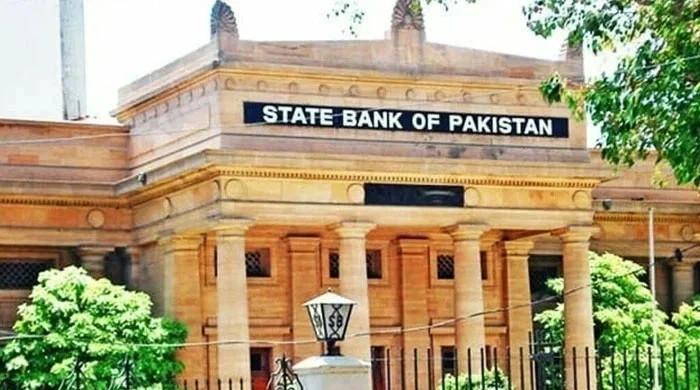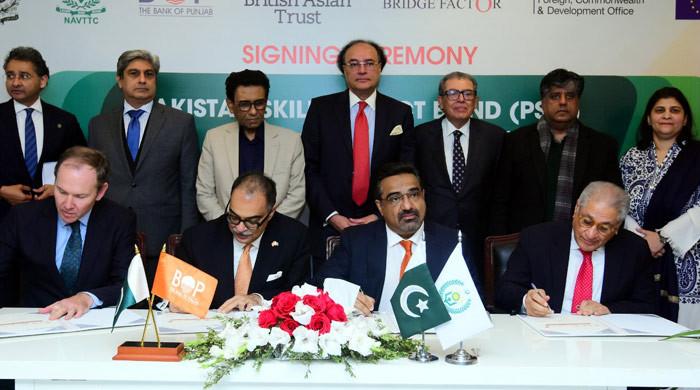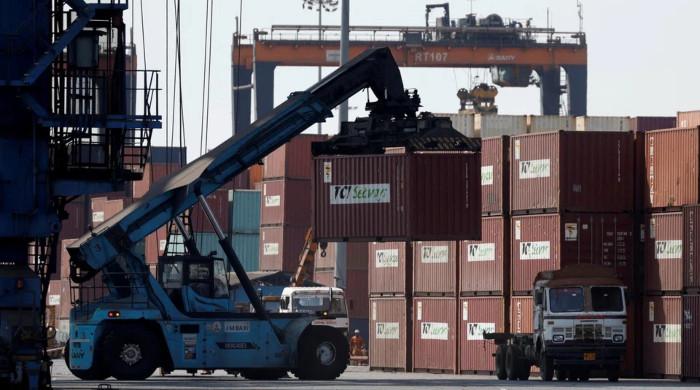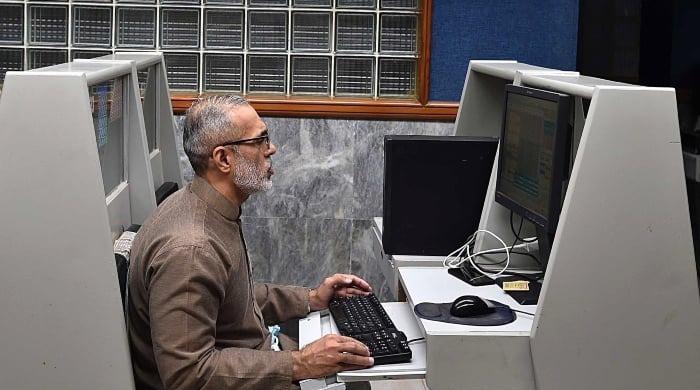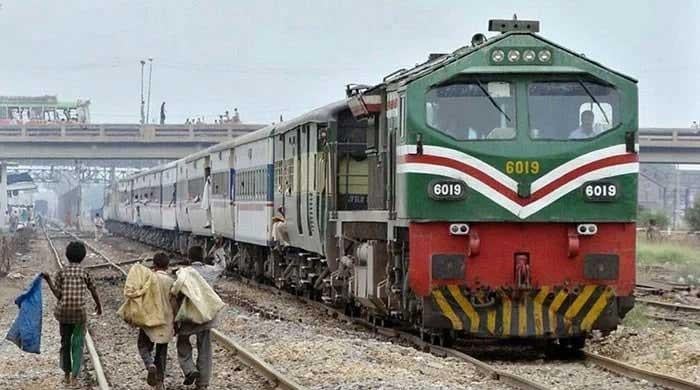COP 28: Pakistan seeks Gulf countries' investment in renewable energy
"Pakistan’s focus is on transformation from coal-based power plants to renewable energy projects," says PM Kakar
November 30, 2023
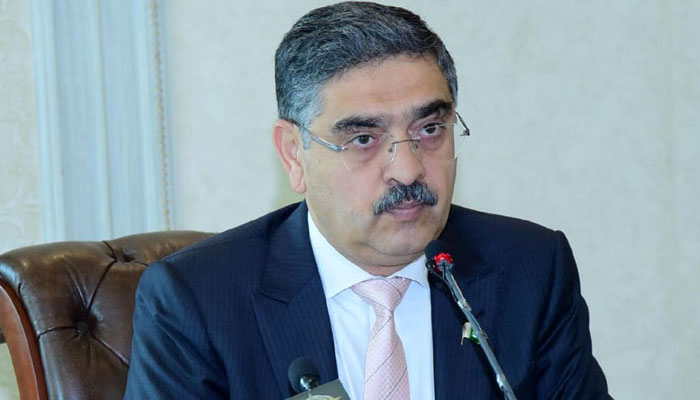
- PM stresses need to operationalise Loss and Damage Fund instantly.
- Says utilisation of fund should not be linked to development funds.
- “Everyone knows who has been contributing in the last century."
In a bid to deal with the issues of climate change, Caretaker Prime Minister Anwaar-ul-Haq Kakar on Thursday stressed the need to immediately operationalise the Loss and Damage Fund and ensure its utilisation on merit.
At the onset of the COP28 summit, a landmark decision marked the establishment of the fund, with the UAE committing $100 million to aid developing and vulnerable nations grappling with climate change-induced natural disasters.
In an interview with CNN on the sidelines of the United Nations Framework Convention on Climate Change (UNFCCC) COP28, the prime minister said the utilisation of the fund should not be linked to the development funds and loans from multilateral financial entities, but the funding should be additional and tangible.
Currently, Pakistan’s focus is on transformation from coal-based power plants to renewable energy projects to contribute towards minimizing the climate change impacts in the region and beyond.
“This is the area which could attract the interest of countries here in Gulf Cooperation Council (GCC) countries, UAE, Saudi Arabia, Kuwait, and the settled economies and democracies on the Western side, so it is an opportunity for all of them and all of us,” the premier added.
PM Kakar said that climate change was no longer a fashionable point to discuss as it hit Pakistan very hard last year. He pointed out that Pakistan was not primarily responsible for contributing to the climate disaster in which the country’s two provinces Sindh and Balochistan faced historical devastation.
“Everyone knows who has been contributing in the last century so it is more of a question of an honest conversation rather than passing judgment on countries and economies,” he remarked.
Therefore, he said, the responsibility shown by the wealthy nations themselves would be a welcome step.
Responding to a question, the premier said: “If we wait for a UN framework it will take years of years. Therefore, initially, it is possible to operationalize it under the World Bank and other multilateral entities.”




